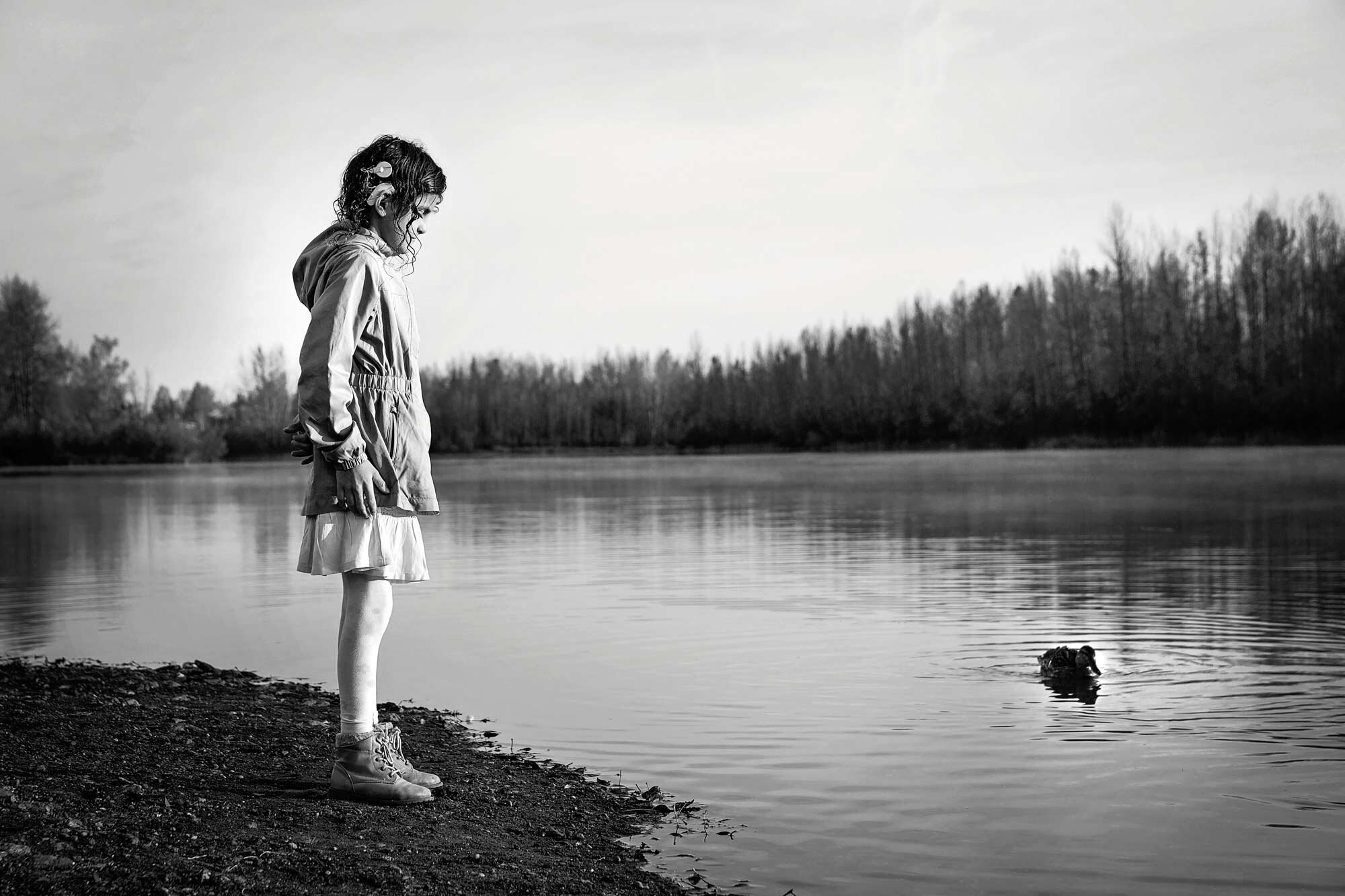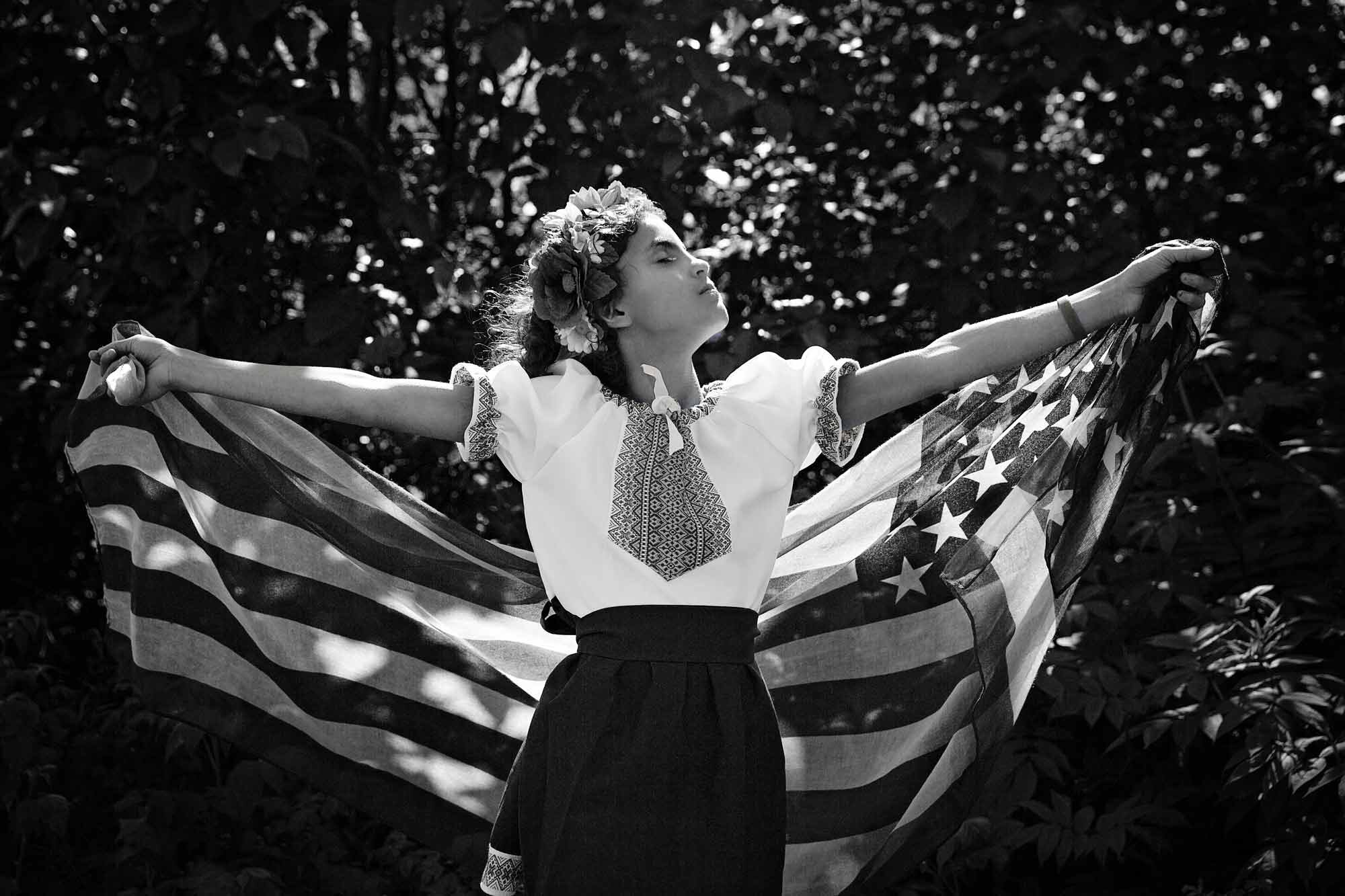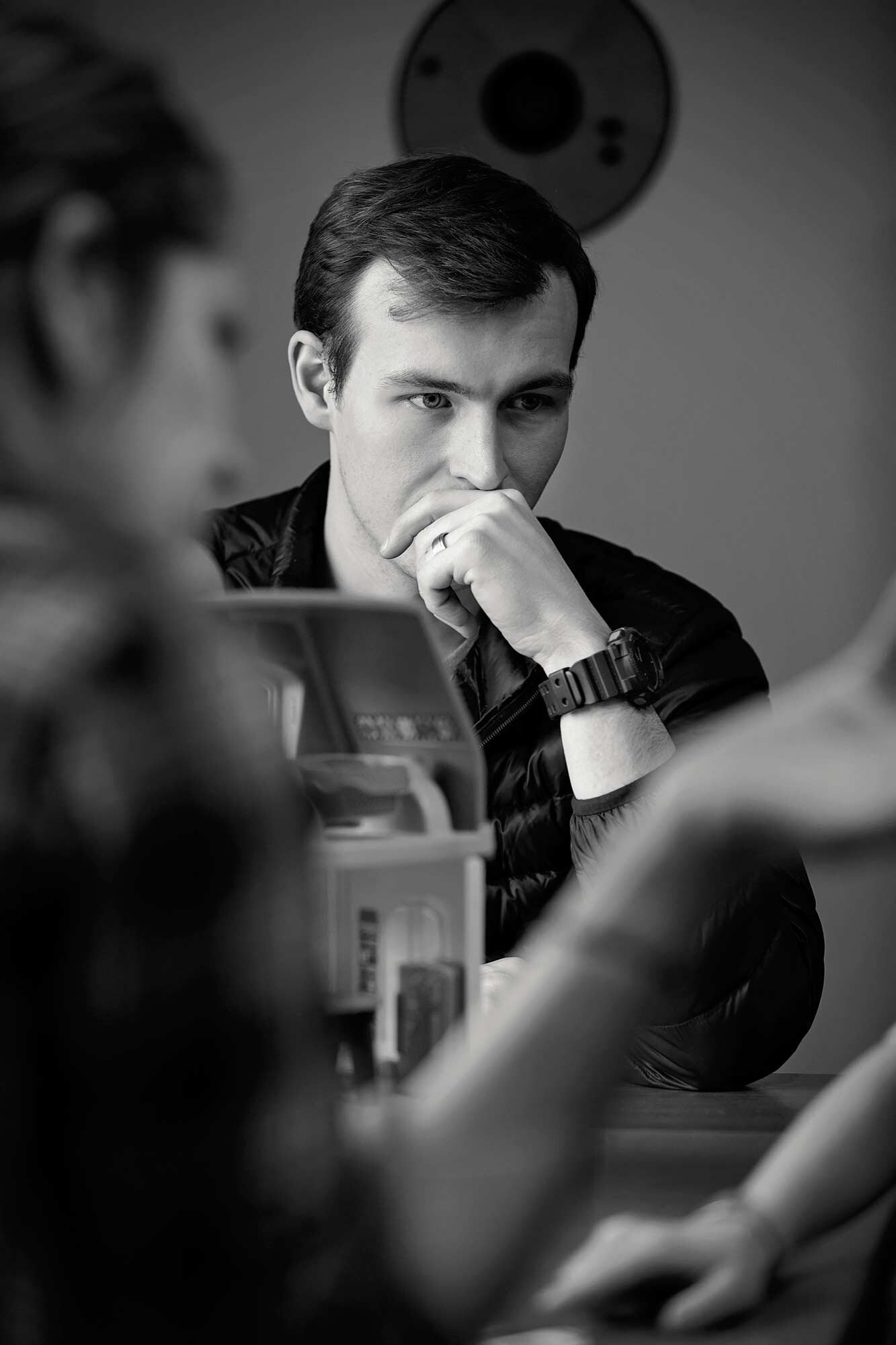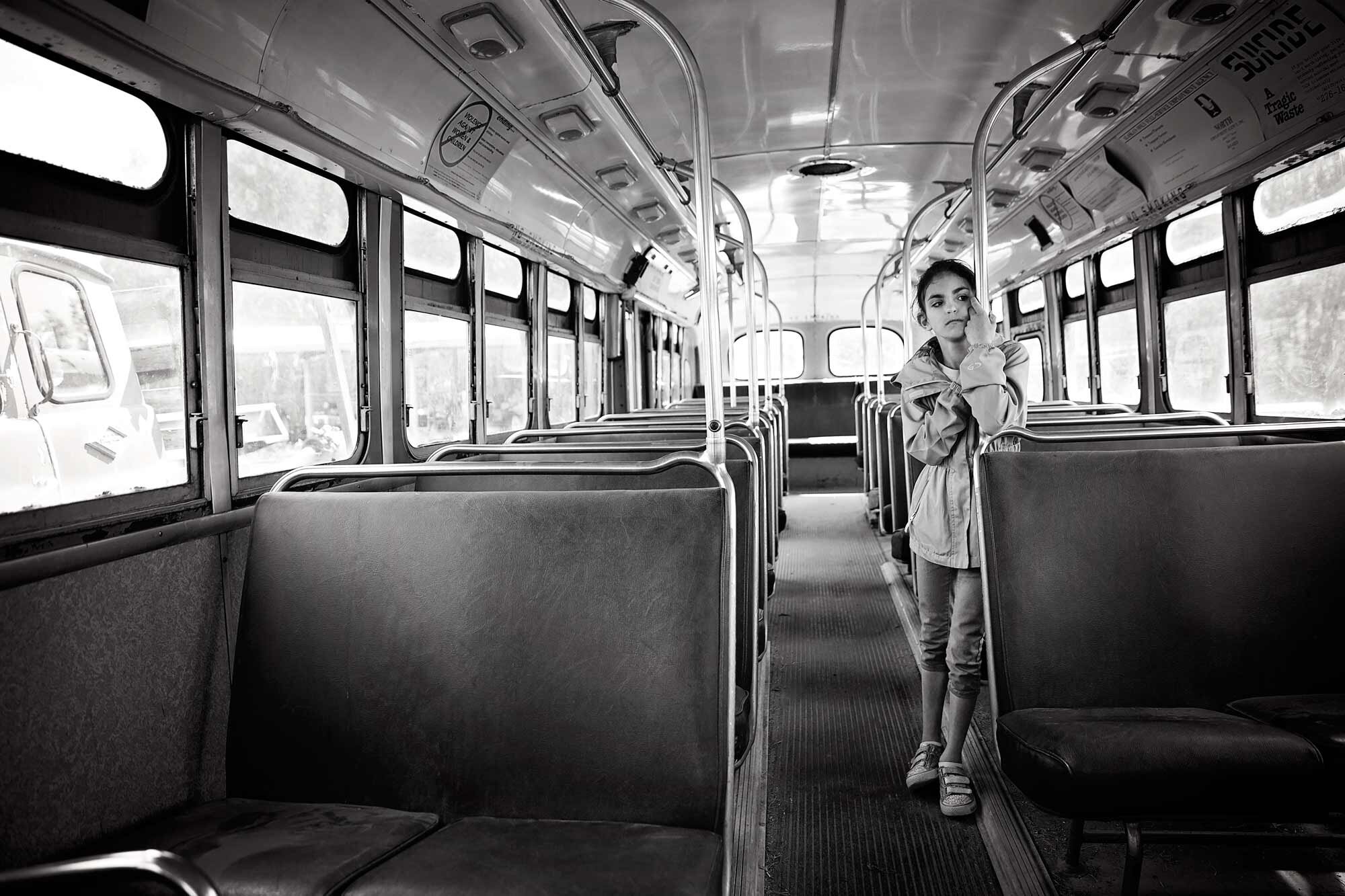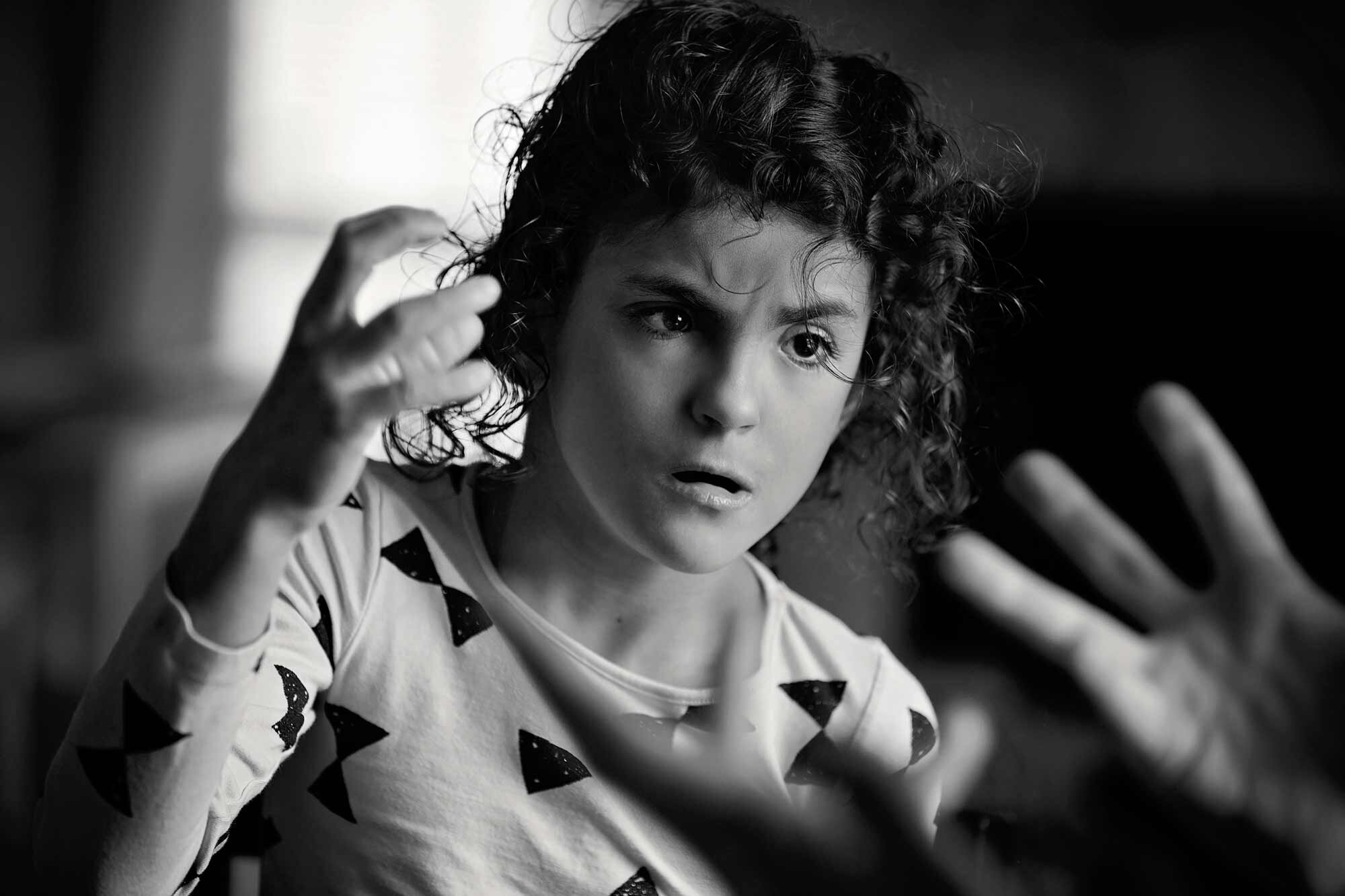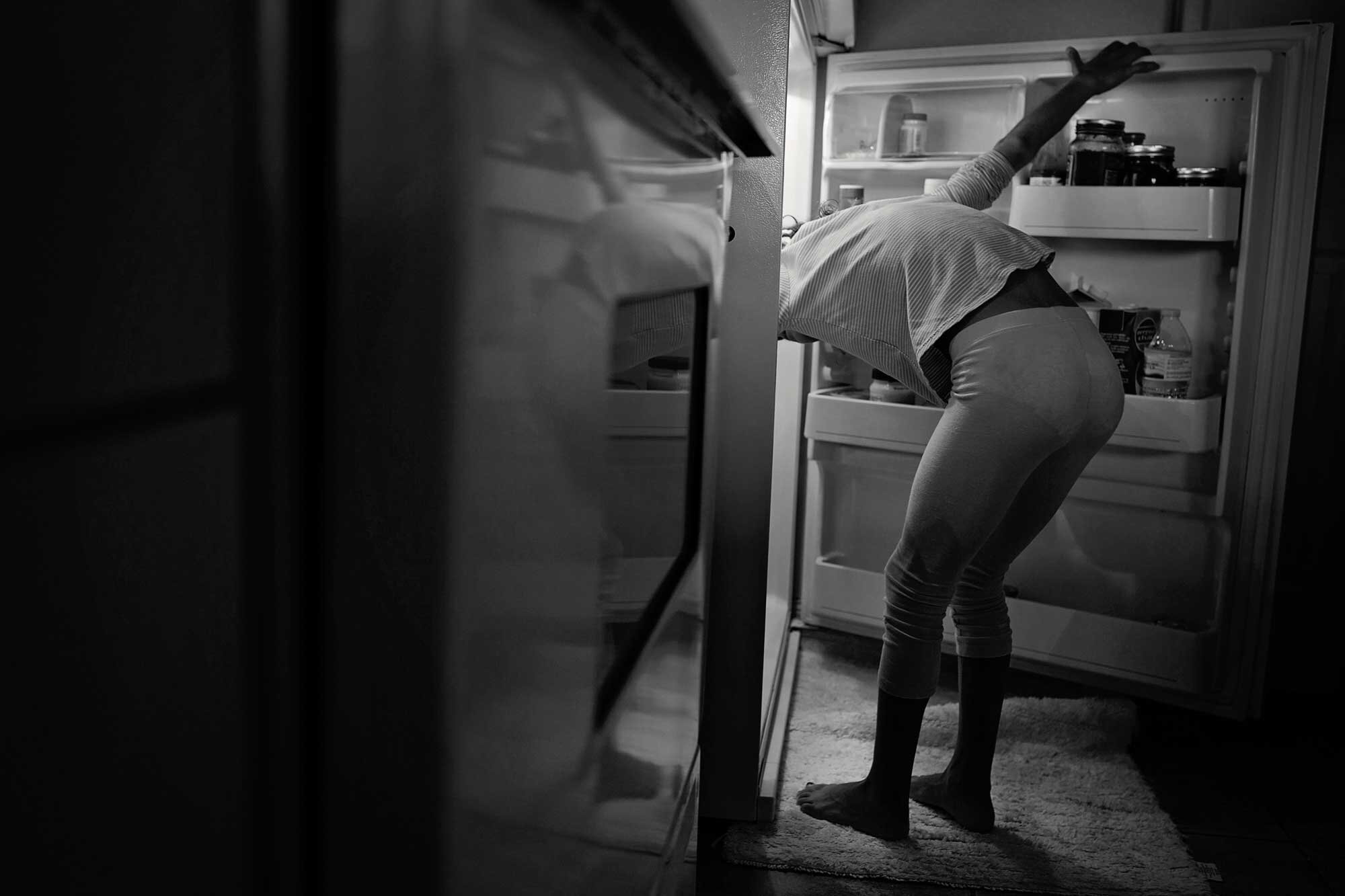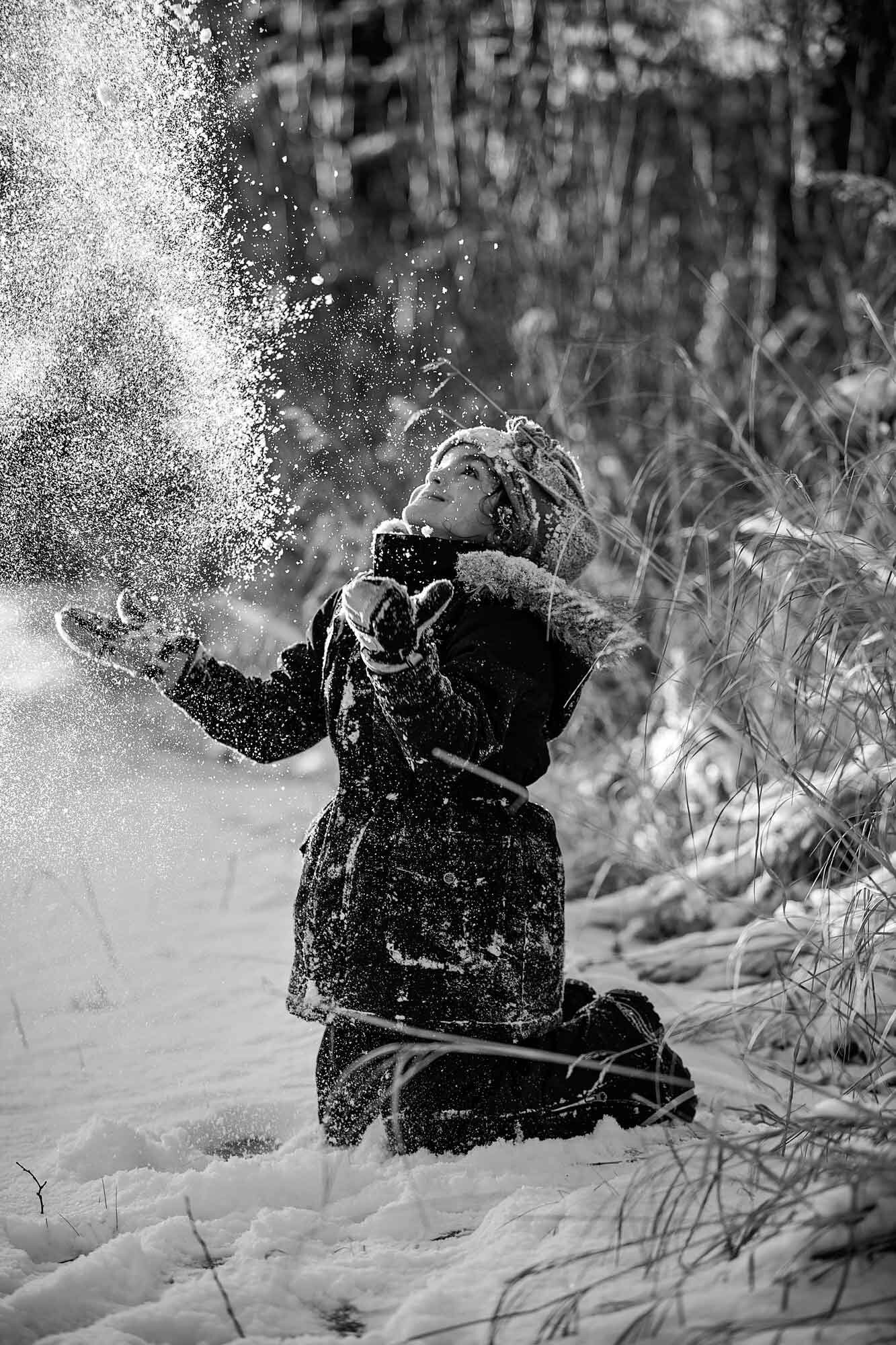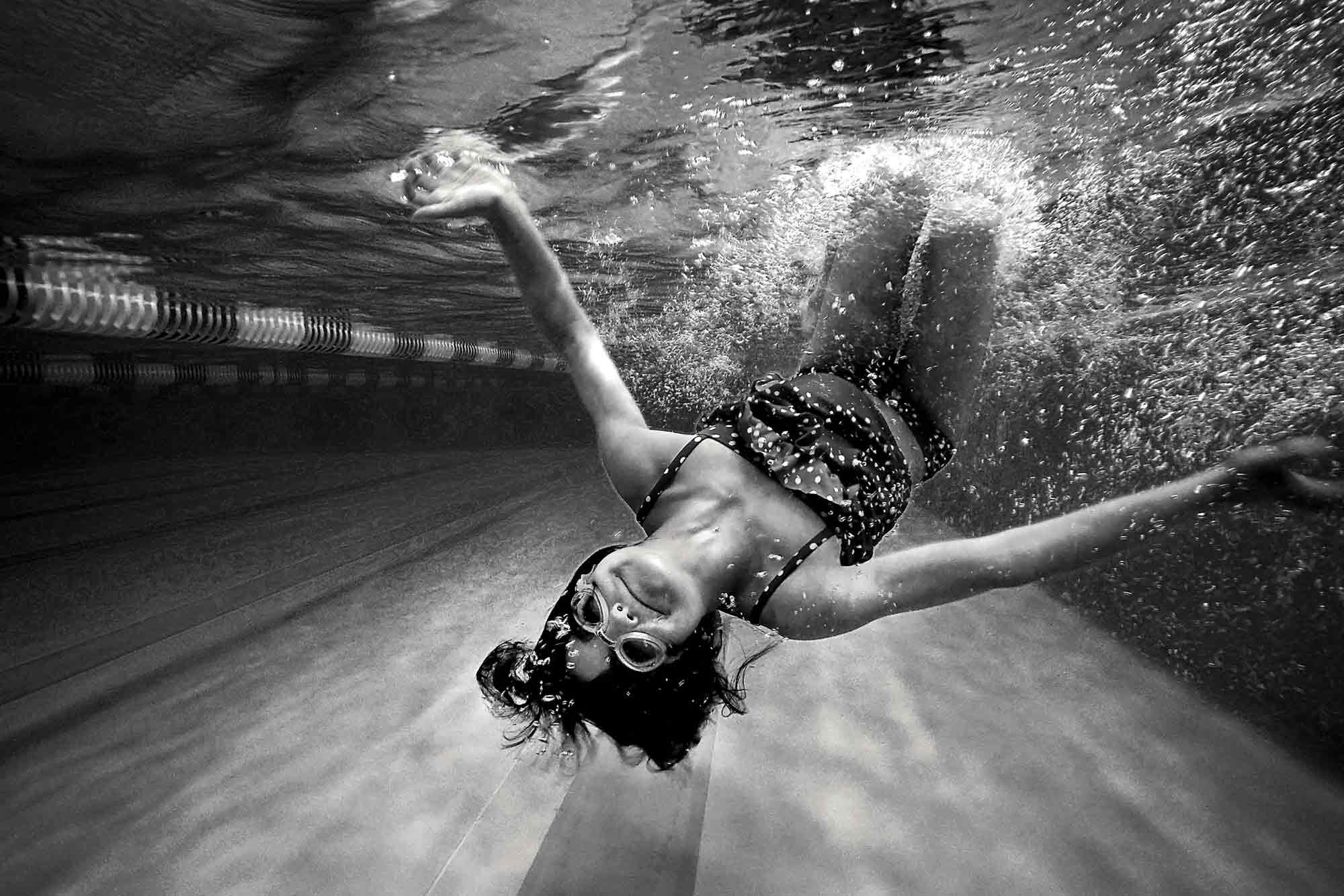Alina
Most people discover their world gradually. We learn to talk and interact with the world long before memories consciously form. Who of us can remember the first time they heard their name spoken? Or remembers that first sense of belonging? Or with certainty, knowing that snow was “snow” (for example) and could express their excitement over seeing it? Alina can remember all of these things. She was seven years old when her discovery of the world began.
Alina, Ukrainian by birth, American by adoption, was born deaf as a result of Waardenburgs Syndrome. Orphaned at age three and presumed “mentally retarded,” she was labeled an outcast in Ukrainian culture. Non-verbal, and presumably unable to learn, she was given no hope for a future and left without any way to communicate and experience the world.
My family met Alina in her institutional home in Uzhgorod, Ukraine, in October 2014. I helped her change her clothes on the morning she was to begin her new life. I set her orphanage-issued, brown, toe-scuffed, shoes under a chair and slipped her small feet into a pair of shiny, new, white boots. All of the other children gathered in the foyer to say good-bye. Alina waved to them, blew a kiss, and walked out the door. A 37 pound, 4 ft. tall, deaf girl on her way to a new life; a life of hope and love; a life of sound and discovery of which she couldn’t possibly have dreamed.
This is the story of Alina’s discovery of the world. It is intended to show that there is significance in the simple. This is a story of perseverance, and the resiliency of one little girl in her transition from Ukraine to the United States, from being an orphan to being a daughter. It is a journey from hopelessness to hope, and from silence to sound.


